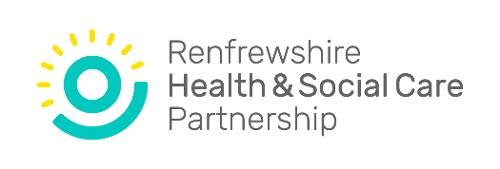Pregnancy is an exciting time and we're here to help you every step of the way.

As soon as you know you are pregnant, make your first midwife appointment by calling 0141 347 8422. Booking early will help you get the best start for you and your baby. Remember, this is important even if you are already a mum.
TOP TIPS
As soon as you know you are pregnant, there are some simple things you can do to give your baby the best possible start in life:
- take folic acid tablets as soon as you can. Vitamin D supplements are very important too. Ask your local pharmacy about how much folic acid and vitamin D to take
- drinking alcohol when pregnant can harm your unborn baby. No alcohol is the safest choice
- if you need help to stop smoking, call 0800 84 84 84 for friendly help where you live
- eat a healthy balanced diet including fruit and vegetables
- avoid foods high in vitamin A - liver, paté, cod liver oil and supplements that contain vitamin A
- also avoid raw or undercooked meat and eggs, raw shellfish, unpasteurised milk, blue cheese, and soft cheeses such as brie
- don't forget to manage your own wellbeing. The first step to managing any stress is to notice when things are getting on top of you
- if you are a teenager or receive benefits, you may qualify for Healthy Start, which gives you free vouchers for some food and vitamins, including folic acid. Ask you midwife for more information or visit Healthy Start NHS website.
Your midwife will be able to provide you with any additional information on local groups and services.
Additional support
One in four women experiences domestic abuse or domestic violence at some point in their lives. More than 30 per cent of this abuse starts in pregnancy, and any existing abuse can worsen during pregnancy or after the baby is born. Abuse can be physical, sexual, emotional or psychological.
If you are pregnant and being abused, help is available. You can speak in confidence to your GP, midwife, health visitor or social worker. Information about you won't be shared with other services without your permission, unless there's a concern that your unborn child or other children in your family, or someone else, is at risk of serious harm.




